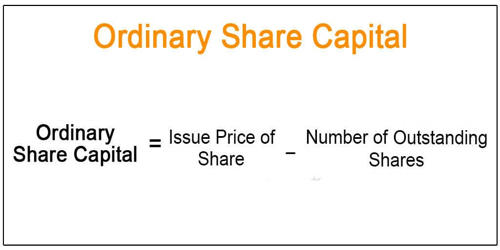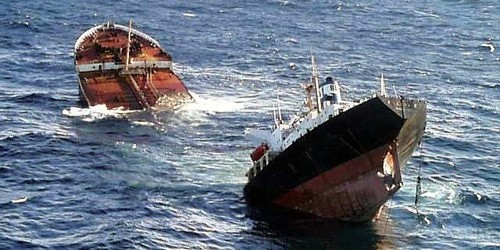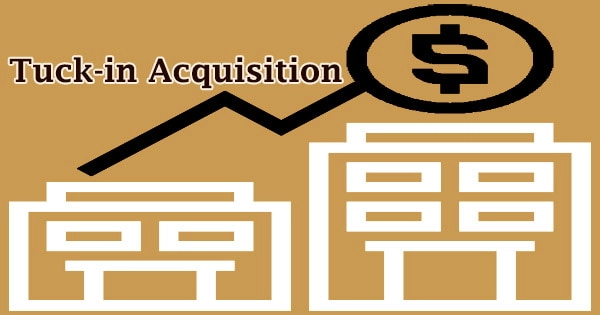Bankruptcy is a legally declared inability or impairment of ability of an individual or organization to pay their creditors. It is a legal proceeding involving a person or business that is unable to repay their outstanding debts. In most cases, personal bankruptcy is initiated by the bankrupt individual. This process begins with a petition filed by the debtor, which is most common, or on behalf of creditors, which is less common.
Bankruptcy is a court proceeding in which a judge and court trustee examine the assets and liabilities of individuals and businesses who can’t pay their bills. A bankruptcy filing is a legal course undertaken by the company to free itself from debt obligations. The court decides whether to discharge the debts, and those who owe are no longer legally required to pay them. Debts that are not paid to creditors in full are forgiven for the owners. Bankruptcy filing varies in different countries.
Bankruptcy is a legal process that discharges most debts but has the disadvantage of making it more difficult for an individual to borrow in the future. It is a legal proceeding carried out to allow individuals or businesses freedom from their debts, while simultaneously providing creditors an opportunity for repayment. To avoid the negative impacts of personal bankruptcy, individuals in debt have a number of bankruptcy alternatives.
Take no action
Bankruptcy prevents a person’s creditors from obtaining a judgment against them. With a judgment, a creditor can attempt to garnish wages or seize certain types of property. However, if a debtor has no wages (because they are unemployed or retired) and has no property, they are “judgment proof”, meaning a judgment would have no impact on their financial situation. Creditors typically do not initiate legal action against a debtor with no assets, because it is unlikely they could collect the judgment.
Advantages
- When the bankruptcy order is over you can make a fresh start – in most cases this will be after a year.
- The pressure is taken off you because you don’t have to deal with your creditors
- You’re allowed to keep a reasonable amount from your income to live on
- Creditors have to stop most types of court action to get their money back following a bankruptcy order
- You won’t have to pay back the debts that bankruptcy covers.
Disadvantages
- It will be more difficult to take out credit while you’re bankrupt and your credit rating will be affected for 6 years
- if you own your home, it might have to be sold – this depends on how much it’s worth after any amounts secured on it are repaid
- if you rent your home, your landlord could end your tenancy
- some jobs don’t let people who have been made bankrupt carry on working
- if you own a business it might be closed down and the assets sold off
- going bankrupt can affect your immigration status.
















